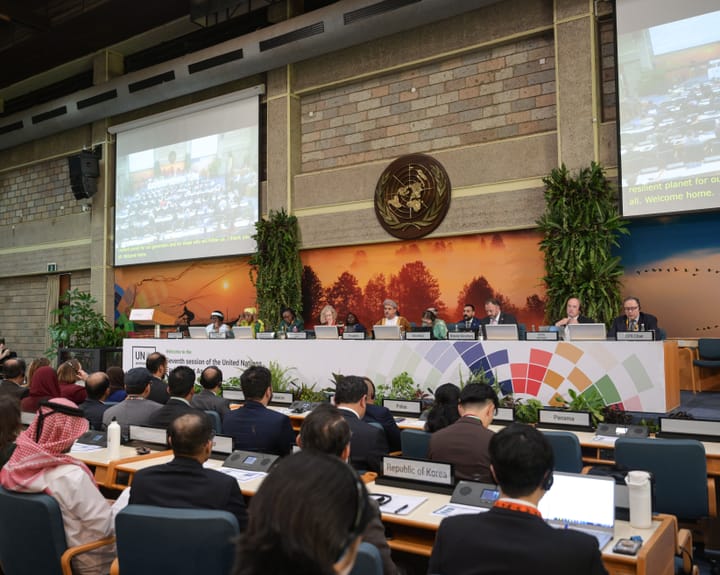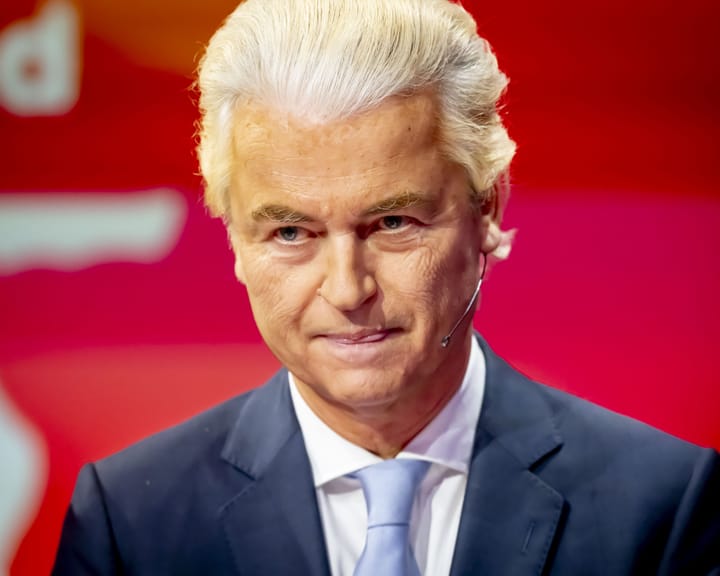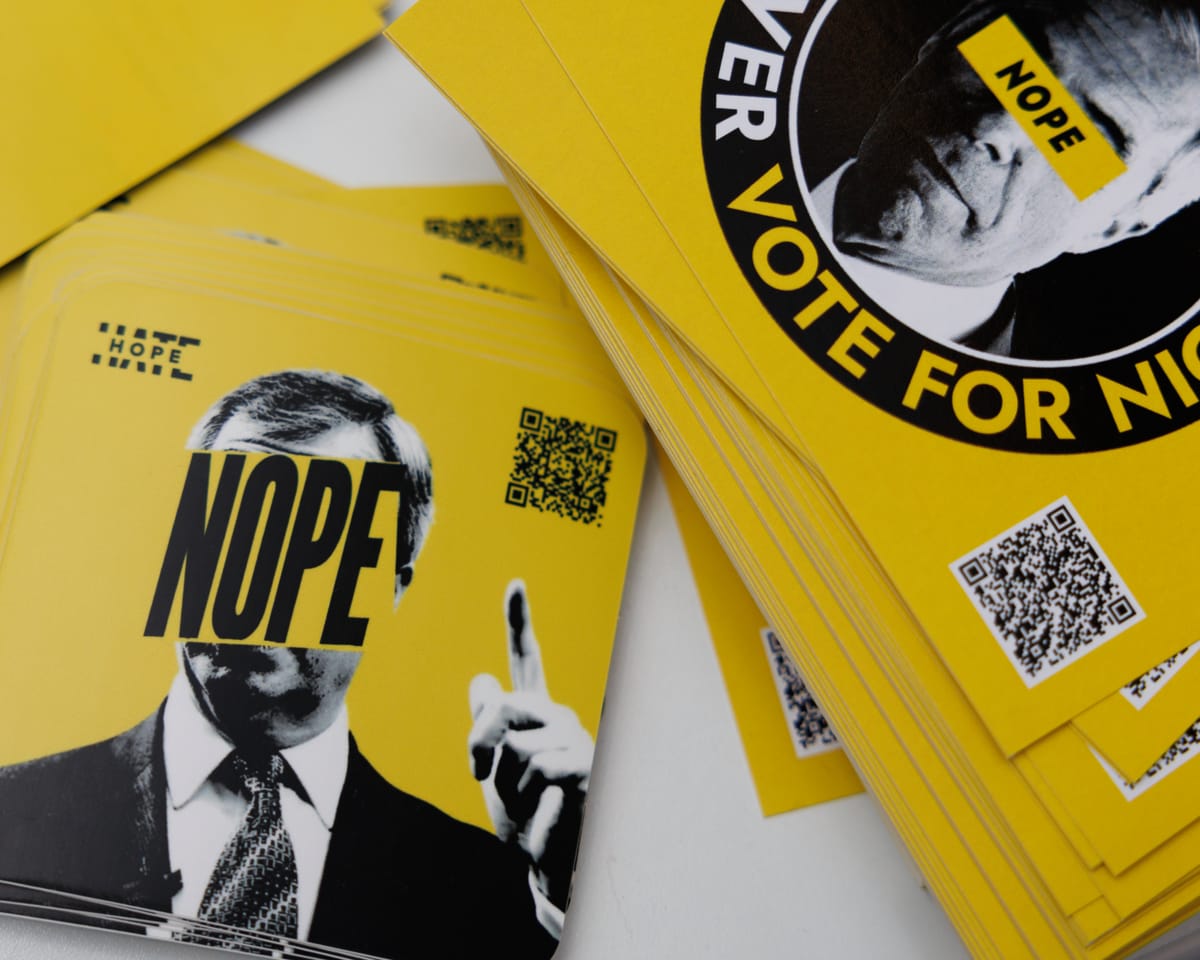Nigel Farage describes his Reform UK party as a distinctive force that has surged onto the global scene, its rapid ascent framed as an unparalleled political shift. Yet this week, across Europe’s largest nations and from India and Thailand to the US and Argentina, similar hard-right movements—opposing immigration and globalization—are gaining ground in polls.
In last weekend’s Czech elections, the right-wing, pro-Putin populist Andrej Babiš unseated Prime Minister Petr Fiala. France’s National Rally, having recently forced another prime minister’s resignation, leads polling for both the presidency and parliament. In Germany, the far-right Alternative für Deutschland (AfD) is now the most popular party. Hungary’s Fidesz, Robert Fico’s pro-Russian Slovak coalition, and Italy’s Brothers of Italy already hold power, while Austria’s FPÖ, the Netherlands’ PVV, and Belgium’s Vlaams Belang—all staunch nationalists—form part of a broader alliance against internationalism, influenced by far-right figures like Steve Bannon. These groups aim to undermine global legal norms, weaken human rights, and dismantle multilateral cooperation.
This nationalist wave reveals an undeniable reality that democratic forces overlook at their own risk: authoritarian ethnic nationalism—once believed to have collapsed with the Berlin Wall—has supplanted neoliberalism as the era’s dominant ideology. It fosters a world of “nation-first” policies, from “America first” to “India first,” often prioritizing exclusivity over cooperation. This ideology explains why the global balance now tilts toward 91 autocracies compared to 88 democracies, and why violations of international human rights law persist, not just in Russia’s war on Ukraine but in nearly all of the world’s 59 ongoing border conflicts and civil wars.
Understanding the shared drivers behind this nationalist resurgence is critical. Central to it is a widespread belief that globalization, though open, failed to be equitable—a system that left many feeling excluded.
For years, leaders have been slow to address both the grievances of those left behind and the shifting dynamics of global power, transitioning from a US-dominated unipolar world to a multipolar contest of superpowers, and from rules-based governance to might-based competition. The resulting ethnic nationalism has spurred protectionism over free trade. Where economics once steered politics, nationalist rhetoric now dictates economic choices, with over 100 nations adopting mercantilist policies—reshoring production, limiting trade with rivals, and restricting cross-border investment and technology flows. This has driven international cooperation to its weakest point since 1945.
Read next

Africa's Warning on Solar Geoengineering Risks Gains Editorial Backing
It is appropriate that this week’s United Nations environmental discussions are happening in Nairobi, as Africa plays a central role in shaping global climate dialogue. Diplomats from the continent are addressing the complex issue of whether attempting to cool Earth by reducing sunlight exposure is a prudent approach. While

Might Narcolepsy Medication Revolutionize the World?
Breakthroughs in Sleep Science Reveal Surprising Insights
During a conversation with a pharmaceutical researcher, I learned of significant progress in sleep medications. One promising development targets narcolepsy, though its method could also address broader sleep issues like insomnia, much like how certain unexpected innovations find wider applications — akin to adhesive

"Far right still dominant in Netherlands despite Wilders' government setback"
Dutch Voters Head to the Polls Amid Political Instability
On Wednesday, Dutch citizens will cast their votes once again, marking the ninth election for the Tweede Kamer—the legislative chamber of the Netherlands’ parliament—in this still young century. In some respects, the country has come to resemble Italy in

